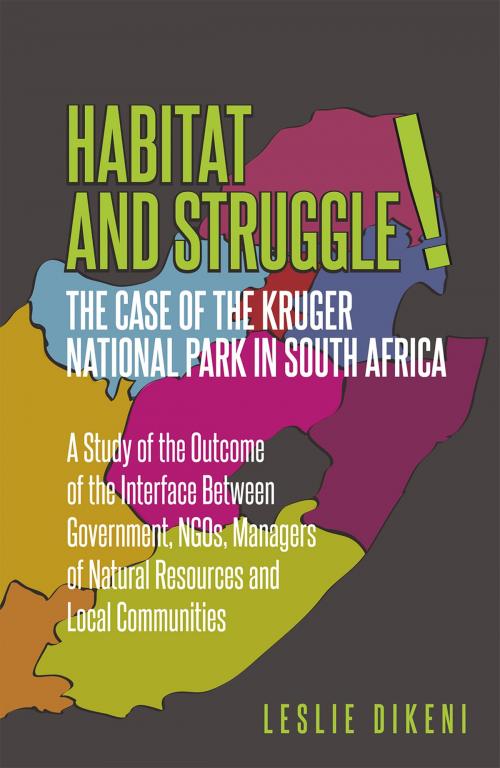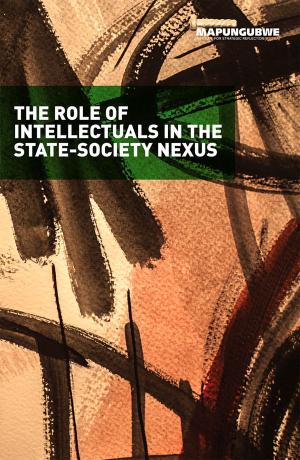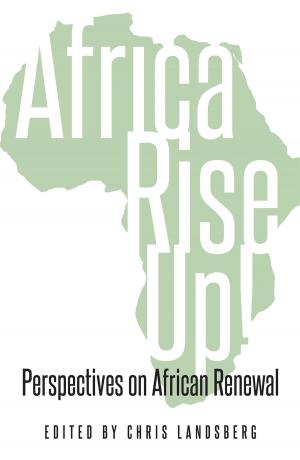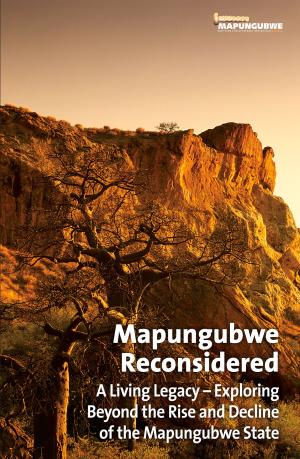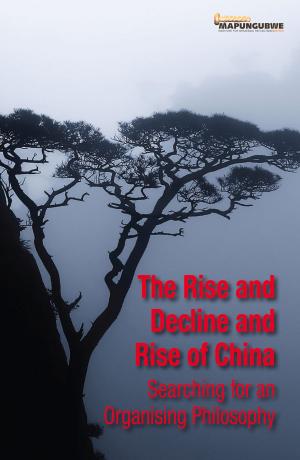Habitat and Struggle
The Case of the Kruger Park in South Africa
Nonfiction, History, Africa, South Africa, Social & Cultural Studies, Social Science, Sociology| Author: | Leslie M. Dikeni | ISBN: | 9781928341017 |
| Publisher: | Real African Publishers | Publication: | July 3, 2017 |
| Imprint: | Real African Publishers | Language: | English |
| Author: | Leslie M. Dikeni |
| ISBN: | 9781928341017 |
| Publisher: | Real African Publishers |
| Publication: | July 3, 2017 |
| Imprint: | Real African Publishers |
| Language: | English |
Join Leslie Dikeni in his intriguing journey into the contested state of the Kruger National Park in the early years of the democratic transition. He speaks to chefs and wardens, cleaners and government officials, ecologists and secretaries. As word of his research spreads, those whose voices had been silenced and whose lives had been concealed in compounds and resource-starved villages seek him out, hoping that their experiences will at last be revealed. The biggest rest camp in Kruger, and perhaps the most famous,is the place named Skukuza – the place from which people ‘have been driven away'. What emerges from Dikeni's account is the contested nature of the Park and its history – issues that go to the heart of the post apartheid dispensation and that remain unresolved. — KARL VAN HOLDTThe Starry Night, a painting by Vincent Van Gogh, is the most famous painting for which the subject is the background: the night sky. In this book, Leslie Dikeni, just like Van Gogh, brings to life the voices of the destitute and the silent found in communities around the Kruger National Park as they offer contrasting narratives of their experience with the Park to those of the bureaucracy of the Park and those who have benefited from the flora and fauna of the Kruger National Park. Often presented as without social backgrounds or histories, these ordinary folks after many years of brutal repression, as revealed by Mr Dikeni through his actor-oriented approach, have not forgotten what belongs to them in that part of the world. And just like its predecessor, South African Development Perspectives in Question, this books also takes aim at the government's deterministic development model, which often imposes development projects that alienate the very people they are supposed to benefit. — DR LUFUNO MARWALA
Join Leslie Dikeni in his intriguing journey into the contested state of the Kruger National Park in the early years of the democratic transition. He speaks to chefs and wardens, cleaners and government officials, ecologists and secretaries. As word of his research spreads, those whose voices had been silenced and whose lives had been concealed in compounds and resource-starved villages seek him out, hoping that their experiences will at last be revealed. The biggest rest camp in Kruger, and perhaps the most famous,is the place named Skukuza – the place from which people ‘have been driven away'. What emerges from Dikeni's account is the contested nature of the Park and its history – issues that go to the heart of the post apartheid dispensation and that remain unresolved. — KARL VAN HOLDTThe Starry Night, a painting by Vincent Van Gogh, is the most famous painting for which the subject is the background: the night sky. In this book, Leslie Dikeni, just like Van Gogh, brings to life the voices of the destitute and the silent found in communities around the Kruger National Park as they offer contrasting narratives of their experience with the Park to those of the bureaucracy of the Park and those who have benefited from the flora and fauna of the Kruger National Park. Often presented as without social backgrounds or histories, these ordinary folks after many years of brutal repression, as revealed by Mr Dikeni through his actor-oriented approach, have not forgotten what belongs to them in that part of the world. And just like its predecessor, South African Development Perspectives in Question, this books also takes aim at the government's deterministic development model, which often imposes development projects that alienate the very people they are supposed to benefit. — DR LUFUNO MARWALA
